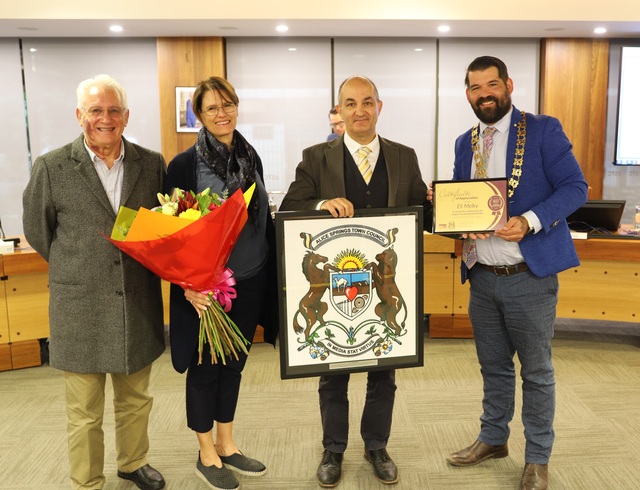Tasmania’s Circular Head Council is undertaking a Dairy Effluent Assessment Program to determine how well local farms are managing their dairy effluent.
Dairy effluent is liquid matter emanating from washdown activities at milking sheds. It contains washdown water, faeces and urine from cows, as well as some milk spillage and detergents used in the cleaning processes.
While it is a valuable farm resource capable of giving substantial and low cost fertiliser benefits to farmers, the pathogens and organic loading it contains can also pose a threat to human health and waterways.
Legislation differs from State to State, but the key emphasis remains the same – that each farm is responsible for ensuring that dairy effluent is managed within the farm boundaries, and is kept out of drains, watercourses or groundwater, and that it does not create undue odours.
With upwards of 150 dairy farms in the Circular Head municipality, Council aims to continue to assist the industry with the task.
Circular Head Mayor, Councillor Daryl Quilliam, said the dairy industry has a strong focus on good effluent management, which is reinforced through its Best Practice Dairy Effluent Management Project and DairySAT (Self Assessment Tool).
“Through our assessment project, Council is ascertaining the effectiveness of these initiatives,” Mayor Quilliam said.
Council engaged Ted Kulinski to undertake a review of the operation of dairy effluent management systems throughout local farms.
Ted has had a long involvement with the dairy industry through milk processor Cadbury, and is bringing this experience to assisting dairy farmers in meeting their environmental responsibilities.
The assessments are due to be completed early this month. Following this, Ted Kulinski will develop a series of recommendations to advise farmers on improvements they can make to their systems.
Council will also review the results of the assessments to determine priority areas where it can promote good effluent management practices.
“It is hoped that this program can assist in protecting water quality from a pollution incident, and reduce the need for Council to be involved in an investigation and prosecution,” Mayor Quilliam said.
For further information on Circular Head’s dairy effluent assessment program contact Matthew Saward, Council’s Environmental Health Officer, on (03) 6452 4848.







